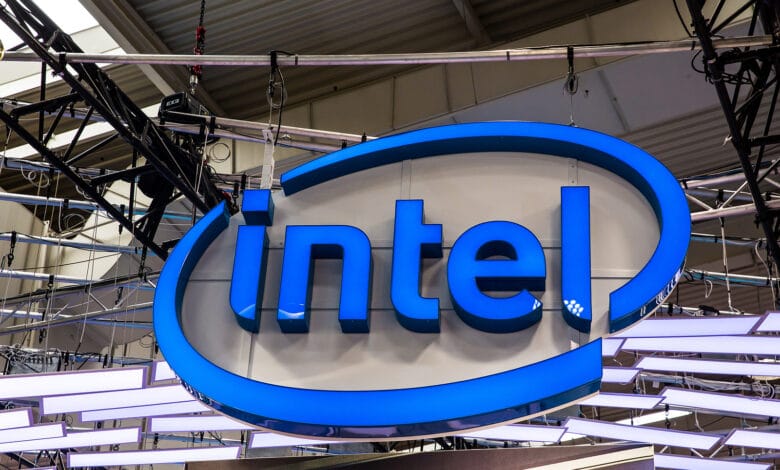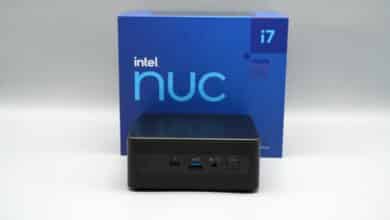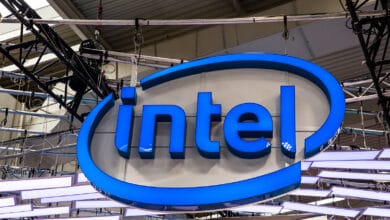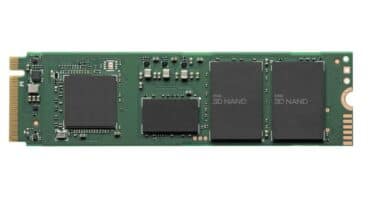
Intel has been found guilty by a U.S. federal district court in Texas in a patent dispute with VLSI. The verdict would make NXP Semiconductors, VLSI’s parent company, billions richer.
Intel won’t give up
As a result of the guilty verdict in the patent dispute with VLSI Technology, global market leader Intel must now pay $2.18 billion to the plaintiff. The background to the lawsuit is that Intel is alleged to have infringed U.S. registered patents 7,523,373 and 7,725,759 with methods for reducing current consumption in computer chips. In these, the voltage is adjusted depending on the desired performance. Another patent is about powering memory chips so that information is not lost and retained.
Intel’s lawyer considers the claims of the Californian company VLSI Technology to be “hair-raising” and the company is not giving up. Intel intends to challenge the ruling issued by the court in Texas. In particular, Intel argues that the patents mentioned were not copied. Intel had developed its own technologies for the purposes mentioned, which are much more sophisticated and also more highly developed than those of VLSI. The jury in Texas did not want to believe this argumentation and disagreed. The jury upheld two of the three counts in the lawsuit.
The verdict of the Texas court is not yet legally binding. If one goes by Intel’s view, VLSI Technology would be entitled to one per mille of the 2.18 billion US dollars assessed by the US federal district court. That would be around 2.2 million US dollars. The group could afford the sum of 2.18 billion U.S. dollars, since this amounts to only one tenth of the annual net profit (measured by the figures from the previous year) of Intel.
VLSI obtained patents in a roundabout way
To that end, Intel blames VLSI for not offering products for sale or generating revenue in any way, let alone the patent lawsuit. In the 1990s, VLSI Technology had participated in the creation of ARM and developed as well as manufactured semiconductors. Today, the company is a part of NXP Semiconductors, which in turn got the patents through a corporate acquisition. NXP took over the companies SigmaTel and Freescale Semiconductor for this.


